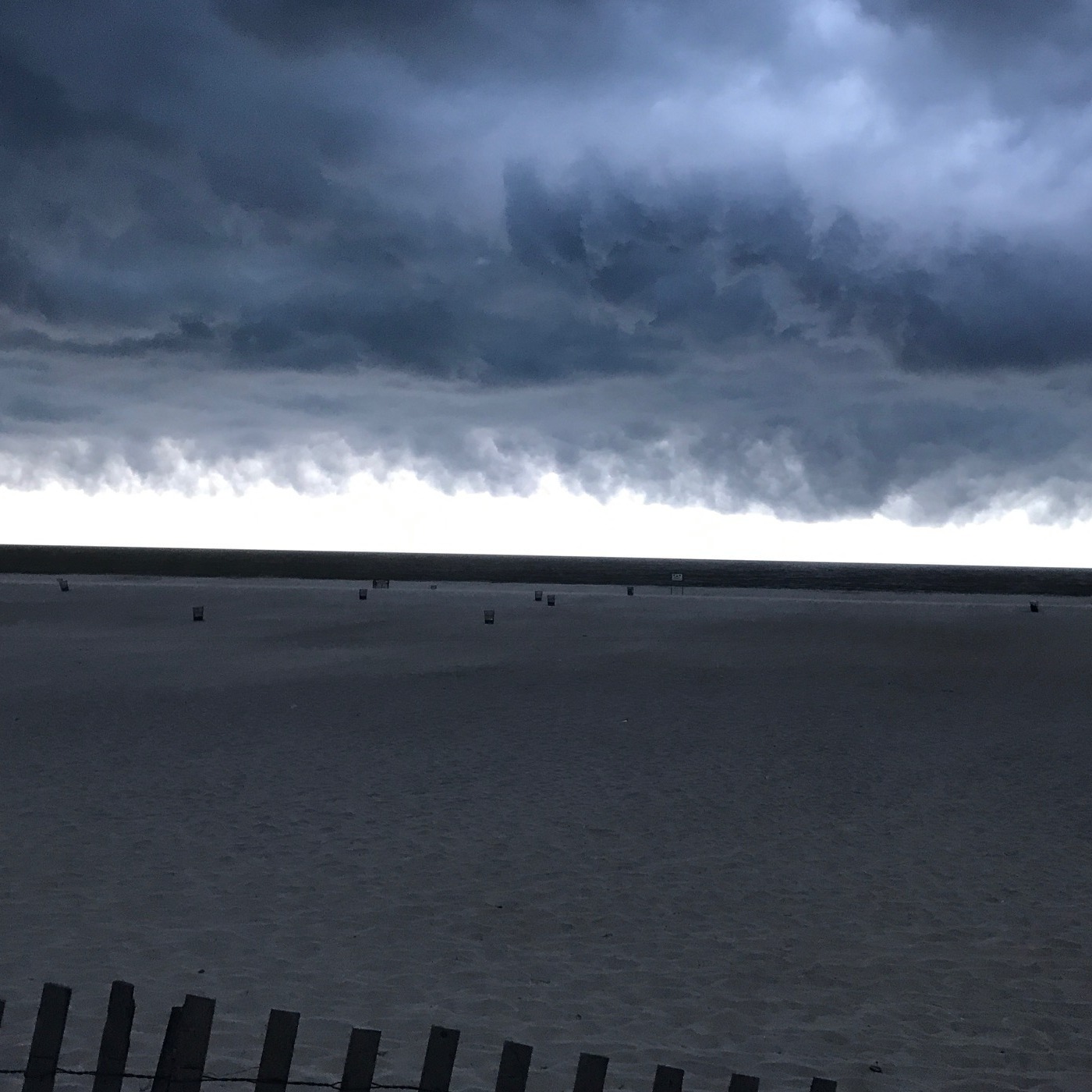Bk. 1, Pt. 2, Ch. 4: Capt. Denisov's Money is Stolen
The story moves to the small German village of Zalzeneck, a few miles from Kutuzov’s headquarters in Braunau. Here, we catch up with Nikolai Rostov.
Nikolai returns to camp with a small group who were foraging for hay. Nikolai is serving with the Pavlograd Hussars.
Pavlograd was settled in the 1770s by Zaporizhian Cossacks. The area was named in 1783 for future Czar Paul, with “Pavlograd” meaning “Town of Paul.” The “Hussar” designation stems from the hussar units of Serbia and Hungary in the 15th and 16th centuries. They became known for dashing attacks, elaborate uniforms, curved swords, and high causality rates.
Many hussar units within the Russian empire had large contingents of ethnic Ukrainians, including descendants of Cossack officers. From 1648 – 1764 many Cossacks lived in their own Hetmanate, which had democratic standards. Cossacks were of mixed ethnic backgrounds and often runaways from the surrounding powers – including Polish, Ottoman and Muscovy/Russia. Cossacks had a sense of being freeman and led raids on Ottomans who enslaved Slavs.
As Nikolai returns to camp, he is in a jubilant mood. Bondarenko, described as “the Ukrainian” offers to care for Nikolai’s horse. Nikolai offers kind words though it is clear Bonderenko is in a subservient role. Further, Nikolai has the reputation of distributing generous gratuities to those who assist him. Tolstoy recognizes Ukrainians as a distinct people – and this is notable.
When Nikolai arrives at his quarters he sees the German land owner. They wish each other heart-felt pleasantries. The host is happy to be quartering the friendly young man.
Given Nikolai is from aristocracy, he is able to share quarters with squadron commander “Vasska” Denisov. The nickname "Vasska" was common for someone from a rural background.
Once inside, Nikolai realizes Denisov hasn’t come home, which implies he was out gambling. Denisov soon arrives and laments his losses at cards. He is in a foul mood as his servant, Lavrushka, assists helps him with his clothes and prepares him tea. Denisov wishes there were women around and also that the battle would start. He feels there is not much to do but sit around and drink.
Denisov asks Nikolai to count the money in his purse – knowing the officer he owes money to is coming to collect. This demonstrates a relationship of trust and also subordination.
Lt. Telyanin then arrives and talks with Denisov about his drubbing. Upon hearing Telyanin, Nikolai hides the coins. Telyanin was described as being shifty with clammy hands. Telyanin chatted with Nikolai about the horse he previously sold him, which Nikolai suspects he paid too much for. There was a problem with the equine’s strut and Telyanin instructs that he will teach Nikolai how to shoe the beast properly. When Telyanin told Nikolai to get the horse, it gave him an opportunity to steal Denisov’s purse, which had 10 coins in it.
When Rostov returned from shoeing the horse, he found Denisov composing a love letter. Soon after, Denisov realized he would have to retrieve the money to pay his debt. He flew into a frenzy when his coins were not where it should be, blaming Nikolai as well as his servant. Denisov threatened to horsewhip them both. He got physical with poor Lavrushka, knocking the servant against the wall. Nikolai interceded, saying he knew what happened and would get the money back.
Nikolai tracked Telyanin down at a tavern two miles away. At first Rostov observed Telyanin finishing a meal. When Telyanin went to pay, Nikolai approached him and asked to inspect the wallet. The gazes that passed between Nikolai and Telyanin confirmed all suspicions. Nikolai found himself confronting Telyanin in front of superior officers, which was a breach of protocol. Nikolai took possession of the purse but when Telyanin pleaded not to embarrass him, Nikolai threw the money back and left.
